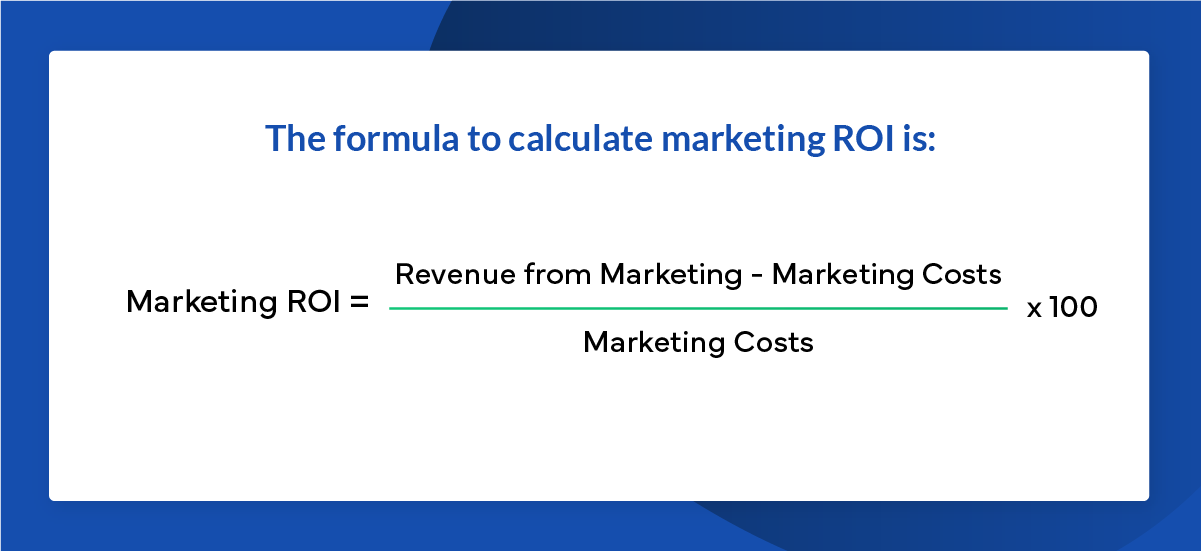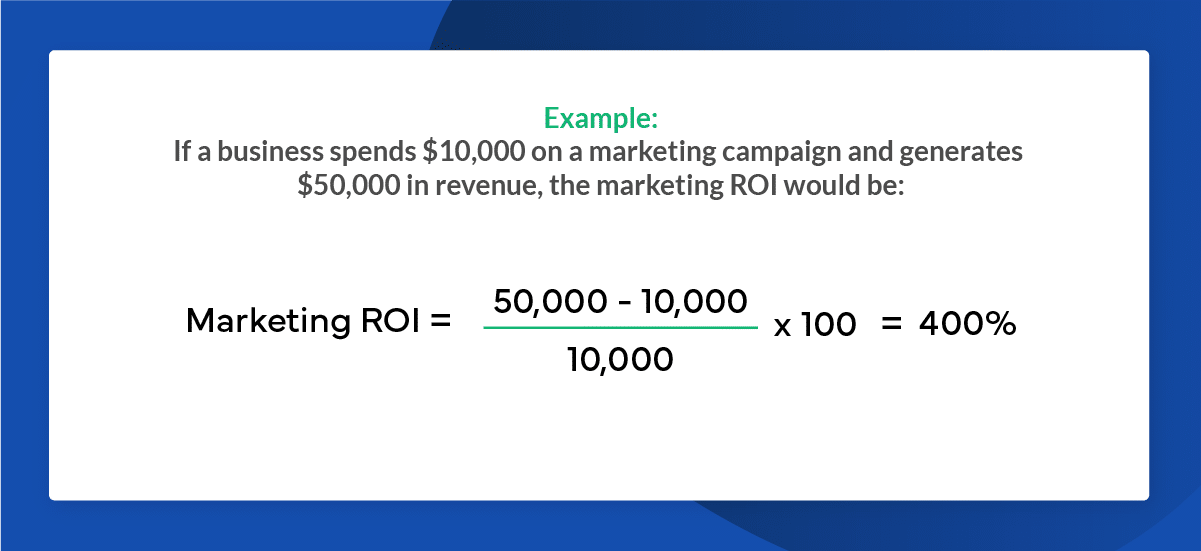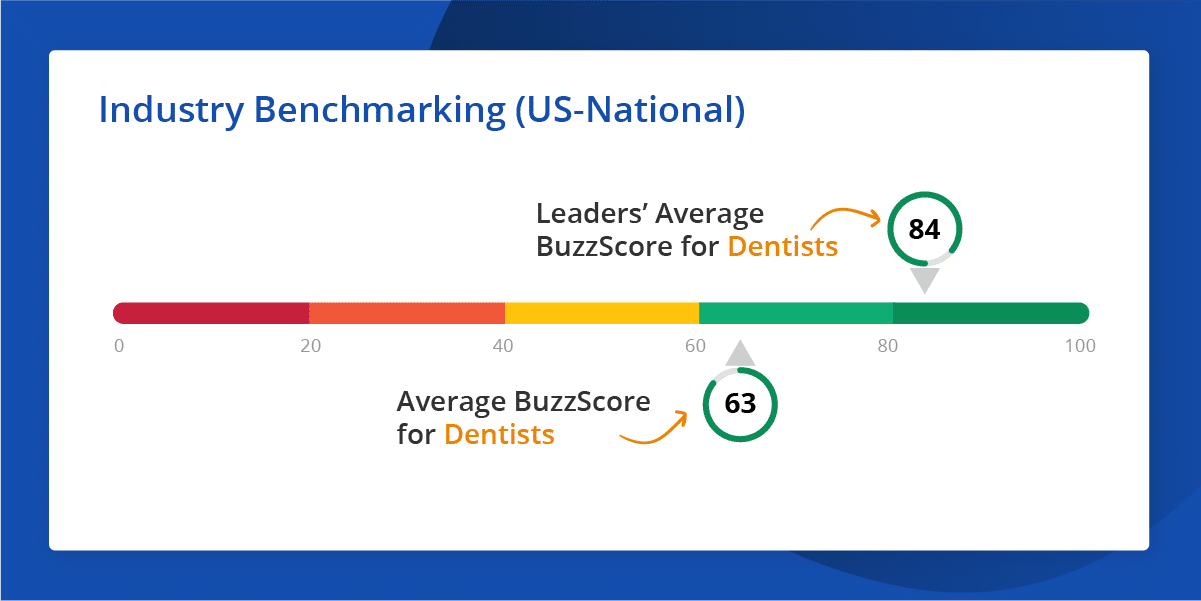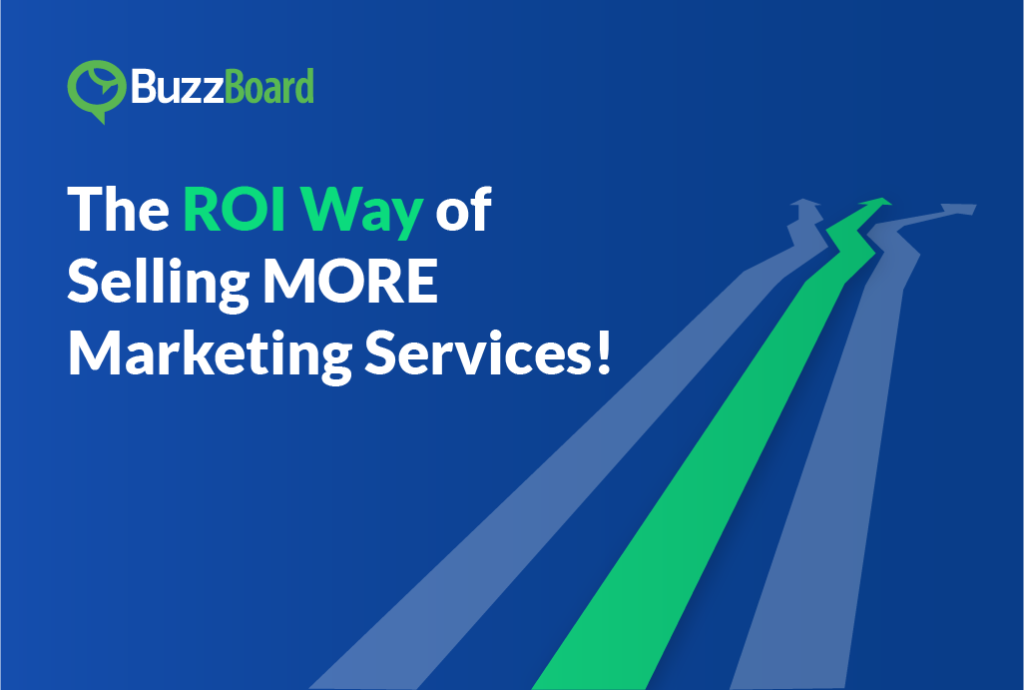Summary
How to Start Selling ROI-Driven Marketing Services to Small Businesses
To successfully engage with small business clients, it’s crucial to put yourself in their shoes and understand their perspectives as well as pain points.
- Compare and contrast the ROI of different marketing channels, such as SEO and PPC, specific to their industry, geography, and business needs.
- Review competitors to identify where they excel and determine whether to outrun them with PPC and ads or focus on alternate channels for long-term gains.
- Create a customized marketing strategy that aligns with their goals and budget.
- Conduct a thorough audit of their website’s mobile experience to ensure it’s optimized for conversions before proposing any paid campaigns.
- Create a data-driven measurement approach to optimize your services and ensure a tangible return on investment for your clients.
Your agency should always share with its clients detailed competitor analyses, actionable insights, and step-by-step marketing strategies to build trust, demonstrate value, and secure long-term client relationships.
The Importance and Benefits of Discussing ROI-Centric Marketing Services for Small Businesses
ROI in marketing provides a means of quantifying the profits or losses generated by each marketing-related investment. It offers a practical, tangible method to assess strategy effectiveness, serving as an ideal benchmark for businesses of all sizes.
As small business customers often operate with limited resources, effective and efficient marketing strategies are of paramount importance to them. This involves more than just attracting customers with flashy advertisements. Discussing ROI-centric services early on can be a critical differentiator in your relationship with small business clients.
Small business owners often struggle to find effective solutions that deliver real value for their budget; they crave strategies that make their marketing dollars work harder.
Due to budget constraints, every dollar spent by these smaller entities must generate a return; thus they are cautious about investments. Your ability to deliver measurable, tangible results often holds the key to acquiring more small-business clients.
Therefore, your approach to selling marketing services should focus on establishing consistent, profitable strategies for your small business clients. This ensures they reap the maximum benefits from your digital expertise. In this endeavor, you’re not merely providing a service; you’re acting as an investment catalyst propelling their business forward.
Marketing ROI involves demonstrating to potential clients, through specific examples and data, the value your services and campaigns can add to their topline.
Marketing ROI in Simple Words: How to Explain to Your Clients?
Marketing ROI (Return on Investment) is a measure used to evaluate the efficiency and effectiveness of marketing expenditures. It helps businesses understand how much revenue is generated for every dollar spent on marketing. Small business owners often struggle to understand the intricacies of digital marketing, which can make it challenging for them to grasp the concept of ROI. As a result, it’s essential to explain ROI in plain, straightforward terms that are easy to comprehend. One effective strategy to achieve this is to depict potential returns on their financial commitment in a clear and tangible way.
Key Components of Marketing ROI:
- Revenue Generated: The total income earned as a result of marketing efforts.
- Marketing Costs: All expenses related to marketing activities, including advertising, promotions, salaries, and overhead.
How to Calculate Marketing ROI?


By using concrete examples and real-world data, you can help small business owners visualize the potential returns on their investment in digital marketing. For instance, you could explain that a $100 investment in Google Ads could lead to $300 in sales, resulting in a 200% return on the investment. This type of example helps to demystify the concept of ROI and makes it more relatable to the small business owner’s everyday financial concerns. Similarly, if your email marketing campaign has the potential to boost customer retention by 20%, communicate how this rise influences their profits. By highlighting the direct impact on their bottom line, you can make the result seem attainable and appealing.
Preparing for an ROI-Driven Marketing Services Sales Discussion With Small Business Customers
Start with developing a clear and compelling communication strategy that resonates with small business owners. This strategy should be centered around displaying the tangible and intangible ROI of your marketing services and highlighting the benefits they can bring to the business. By doing so, you can build a strong case for why these services are essential for small business success. Let’s discuss the key steps:
1. Understanding the Customer’s Point of View
To successfully engage with small business clients, it’s crucial to put yourself in their shoes and understand their perspective. These business owners are often risk-averse and hesitant to invest in new marketing initiatives.
Be well prepared because business owners may lack the depth of knowledge and may want various conflicting outcomes all at once. Besides the evident desire for increased sales, these businesses often seek enhanced brand awareness, higher customer lifetime value, and improved customer engagement. Effective ROI discussion for marketing services should be able to discern such needs.
2. Demonstrating Your Expertise With an Emphasis on Value
Next, go for discussing specifics. Compare and contrast the ROI of different marketing channels, such as SEO and PPC (Pay-Per-Click). They want to know which strategies offer the best return on investment. Be informed on what works better given their industry, geography, and even their individual digital standing. Remember to position your marketing services as an investment rather than an expense.
Let us share some practical recommendations to enhance your ability to sell ROI-boosting marketing services to small businesses:
- Before even considering a PPC campaign or other paid advertising, ensure the client’s website delivers an excellent mobile experience. Explain to them that with more than half of online traffic coming from mobile devices, a poorly optimized mobile site can be the difference between success and failure in any digital campaign.
- Review their competitors to understand where they are winning. Build your marketing service recommendation based on whether a campaign can outrun the competitor or whether it will make sense to focus on other channels that promise higher ROI. Showing the client that you’ve thoroughly assessed their competitive landscape will not only impress them but also demonstrate that you’re focused on maximizing ROI.
How do you feel about a detailed and accurate competitor analysis that saves you hours of research and prep time? BuzzBoard lets you generate a report that compares your prospective clients with their competitors.

BuzzBoard’s competitive benchmarking is fundamental for engaging more actively and persuasively with prospects.
Take dentists for example. Through this benchmarking tool, it’s been found that the leaders’, the top 10% of dentists, average BuzzScore is 84. But, for the dentistry industry as a whole, the US national average BuzzScore is 63.

The next step would be seeing where your prospect falls in relation to these two scores, which will then be followed by performance analysis and ROI-focused conversations involving what you and your prospect can do to succeed in the industry.
3. Develop Tailored Solutions
Small businesses appreciate personalized solutions that reflect understanding and commitment. Show your investment in their success by presenting services specifically designed for their business type, scale, and objectives
4. Measure Success With Data
By tracking key performance indicators (KPIs) such as website traffic, lead generation, conversion rates, and other relevant metrics, you can provide small business owners with a comprehensive and clear picture of the impact of your services. This data-driven approach can ease the concerns about the effectiveness of your services and demonstrate the tangible benefits of investing in marketing.
By using data to measure success, you can:
- Quantify the results of your marketing efforts, allowing small business owners to see the direct impact of their investment
- Identify areas of improvement and optimize marketing strategies to maximize ROI
- Provide a clear and transparent view of the return on investment (ROI) for each marketing campaign or initiative. Be specific with numbers—targets and outcomes.
- Help small business owners make informed decisions about their marketing budget and resource allocation
Be informed about industry benchmarks for CAC (Customer Acquisition Cost), ROAS (Return on Ad Spend), and Customer Retention Rates and set the right expectations.
5. Provide Case Studies and Testimonials
One of the most effective ways to demonstrate the value of ROI-focused marketing services is by sharing compelling case studies and testimonials from previous clients. This approach is particularly potent when working with new clients who are hesitant to invest in new marketing initiatives, as it provides tangible evidence of the impact your services can have on their bottom line.
When sharing case studies and testimonials, it’s essential to provide specific details about the challenges the previous client faced, the solutions you implemented, and the measurable results that were achieved.
Challenges That One Could Encounter When Selling ROI Marketing Services to Small Businesses and Strategies to Overcome Them
There’s no doubt that the digital marketing landscape is teeming with opportunity. As a marketing agency focused on small businesses, you’re always eager to sell your ROI-centric marketing services. However, despite being a promising proposal, this ambition is frequently confronted with distinct sales challenges.
Budgetary Restrictions
Given their limited budgets, small business clients are often apprehensive about overspending. So, effectively illustrate the connection between marketing spend and business growth—they need to perceive the value delivered by your proposed marketing services and campaigns as worth their hard-earned money. Overprepare before you propose. Understand their competitive landscape and unique business requirements to arrive at an ROI estimation of the services you propose.
Past Misadventures
Often, small businesses may have burnt money with other agencies or DIY campaigns and may be less trusting of what you propose. Understand what they did wrong and how you can avoid past mistakes.
High Cash Burn Rate
Often, the channels with the highest and quickest ROI are also the ones that burn cash the quickest if not done well.
Limited Understanding
Another potential hindrance comes from the appreciation of the inherent complexities of marketing or even the lack of it. As a digital marketing specialist, you must demystify services such as SEO, social media, and email marketing to make them appreciate the complexities and their returns to small business owners.
Displaying the anticipated value and explaining potential returns from marketing investments can provide the reassurance a small business requires to partner with you. Allow them to comprehend that with your assistance, their return on investment can truly revitalize their business narrative. While this may seem like an intimidating task, patience and persistence are key. Small business customers require extra effort and personalized attention.
When you provide value that goes beyond promises—delivering clear ROI—small business owners will not only invest in your services but become loyal advocates for your brand. The key to winning them over? Show them the numbers, back them with results, and foster a mutually prosperous relationship.









